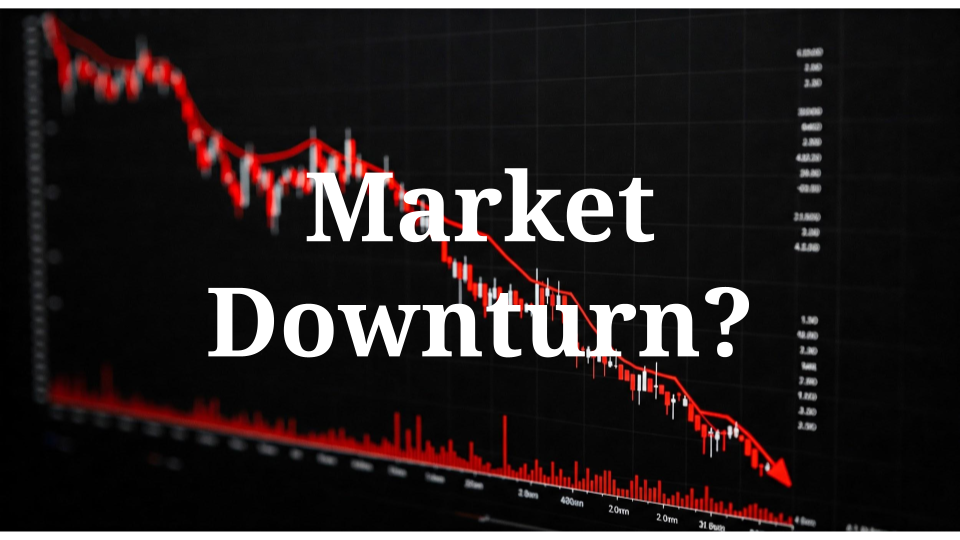A Tale of Two Doctors: Wise Money vs. Lavish Lifestyle
/After completing medical school, you face a crucial crossroads regarding how you are going to manage your finances as a high-income earner. Here is a quick story contrasting how Dr. Wise and Dr. Lavish dealt with money during their careers. As you read through their experiences, consider which one you want to emulate for your life.
Meet Dr. Wise
Dr. Wise and Dr. Lavish were both young doctors who just finished their residency programs and began their first job as an attending. Dr. Wise immediately started managing her finances wisely. She created a budget and lived within her means, even though she had a significant amount of student loan debt. She prioritized paying off her loans quickly, and with disciplined monthly payments, she managed to become debt-free in just a few years.
After becoming debt-free, Dr. Wise continued her financially responsible journey. She started contributing a significant portion of her income to retirement accounts such as a 401(k)/403(b), a Backdoor Roth IRA, and a Health Savings Account. She diversified her investments and regularly reviewed her portfolio to ensure it was aligned with her long-term goals. Over the years, her investments grew steadily, and she built a substantial nest egg for retirement.
Meet Dr. Lavish
On the other hand, Dr. Lavish had a different approach to managing his finances. He immediately purchased a luxurious house and an expensive sports car right after getting his first attending paycheck. He wasn't very concerned about his student loans so he made only minimum payments. He believed that his high income as a doctor would take care of everything.
As the years went by, Dr. Lavish found himself struggling to make ends meet. He was burdened by high mortgage payments, car maintenance costs, and growing student loan interest. He didn't have much of an emergency fund and when it came to retirement, he had very little saved.
Results After Decades of Financial Decisions
Fast forward a couple of decades, and the two doctors had vastly different financial situations. Dr. Wise had not only paid off her student loans but had also built substantial wealth through disciplined saving and investing. She was financially secure, and her retirement was looking to be quite comfortable. She continued to work as a healthcare professional because she enjoyed it, not because she had to.
In contrast, Dr. Lavish was still working long hours to maintain his expensive lifestyle and living above his means. He had only a fraction of the retirement savings and investments that Dr. Wise had. The stress of financial insecurity and the burden of debt had taken a toll on his well-being. He started regretting not being more financially responsible when he was younger.
The story of Dr. Wise and Dr. Lavish illustrates the importance of taking control of your financial life early, especially for healthcare professionals who often face significant student loan debt. Wise financial decisions, like paying off loans and investing for the future, can lead to a secure and comfortable life, while lavish spending can lead to financial stress and insecurity.
You need to choose if you are going to be a Dr. Wise or a Dr. Lavish during your life. I think it is safe to assume which one I think is the better choice. If you have questions or feel that you need help building out your financial plan, please reach out as I would be happy to meet for a Free Consult.
References:
ChatGPT was used to assist with this story creation: OpenAI. (2023). ChatGPT (September 25 Version) [Large language model]. https://chat.openai.com
Fiduciary Financial Advisors, LLC is a registered investment adviser and does not give legal or tax advice. Information presented is for educational purposes only and does not intend to make an offer or solicitation for the sale or purchase of any securities. The information contained herein has been obtained from a third party source which is believed to be reliable but is subject to correction for error. Investments involve risk and are not guaranteed. Past performance is not a guarantee or representation of future results.















